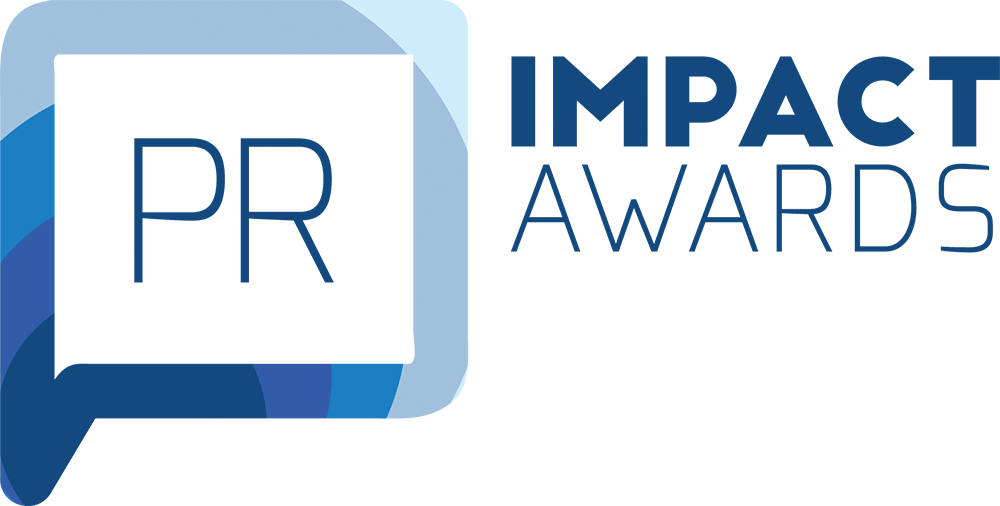Empowering Artificial Intelligence in Crisis Communication at the “PR Impact Awards” Conference
The organisers of the “PR Impact Awards” conference, which will take place on 7 June, are starting to reveal the speakers of the event. One of them is Philippe Borremans, an independent risk, crisis and emergency communications consultant, author of the guide “Mastering Crisis Communications with ChatGPT” and creator of the international crisis communications newsletter “Wag The Dog”.
During the event, the expert will give a presentation on how both risk and crisis communication are changing in the modern world. He is sharing some insights today, and you can hear more at the event in Vilnius, where you can buy a ticket on the competition website.
Crisis communication strategies need to change
Borremans argues that we are living in an age where risks are becoming more frequent and diverse, and that crisis communication management has changed dramatically, especially with the advent of digital technologies and artificial intelligence. These platforms have accelerated the speed at which information and misinformation can spread, and organisations need to react immediately.
“Communication strategies need to change in times of crisis. The traditional static plan is evolving into more dynamic, flexible strategies that adapt to rapid changes in the risk environment. This means that while the basic principles of crisis communication remain the same, the methods of preparing for and acting during crises need to become more flexible than they have been in the past,” says Mr Borremans. He adds that traditional crisis plans, based on lengthy deliberation and phased responses, need to be complemented or replaced by real-time monitoring and rapid response capabilities to preserve reputations and limit damage more effectively.
However, in the expert’s view, some of the constants of crisis communication have stood the test of time: “Transparency, honesty and consistency are the cornerstones that have always been important, and remain so. Stakeholders and target audiences expect clear, fair communication in a crisis. These elements build and maintain trust, which plays a crucial role during and after a crisis.”
The role of the communicator is not only to inform
Borremans points out that living and working in a period of simultaneous or successive crises challenges communicators to manage complex, multi-layered situations and highlights the importance of certain competences.
“This environment requires a high degree of resilience and adaptability – qualities that will become even more important in the future. Communicators need to continuously develop their skills and be flexible in order to adapt and implement strategies quickly and effectively,” says the expert.
He points out that emotional intelligence, resilience and strategic thinking are among the most important skills for personal communicators in crisis situations. “They need to be able to control stress and emotions in order to maintain clarity and calmness, which is essential for effective decision-making and communication under pressure,” says the crisis communication professional.
An experienced communicator can make a significant contribution to an organisation’s success, especially when dealing with crises, according to Borremans: “Effective communication can limit damage, preserve or enhance reputation and maintain stakeholder trust – all of which are invaluable to an organisation’s long term resilience and success”.
The conference will also focus on the application of artificial intelligence to crisis communication
At the “PR Impact Awards” conference on 7th of June, Mr Borremans will focus on the use of artificial intelligence in crisis communication in a remote presentation. He will share how AI can enhance crisis communication by enabling the creation of crisis-specific content, predictive insights and automated communication workflows. He will also talk about how to strike a balance and ensure that AI tools support, rather than replace, the human judgements and ethical considerations that are central to effective crisis communication.
The expert will also provide practical examples of the use of AI in the development of crisis simulation scenarios and will explore the challenges and ethical implications of its use, including the need for transparency and maintaining public trust.
Find the provisional programme and buy tickets on the “PR Impact Awards” website.
The final “PR Impact Awards 2024” event will traditionally consist of three parts: conference presentations and discussions, the presentation of the best communication projects and the awards evening.
The conference and the best communication projects awards “PR Impact Awards” are organised for the 11th time by the Lithuanian Communication Association (LTKA) together with the Communication Industry Association (KIA). The partners of the event are the media analysis company “Mediaskopas”, the marketing and communication news portal “M360” and the sociological research company “Spinter tyrimai”. For more information visit www.primpactawards.com.
